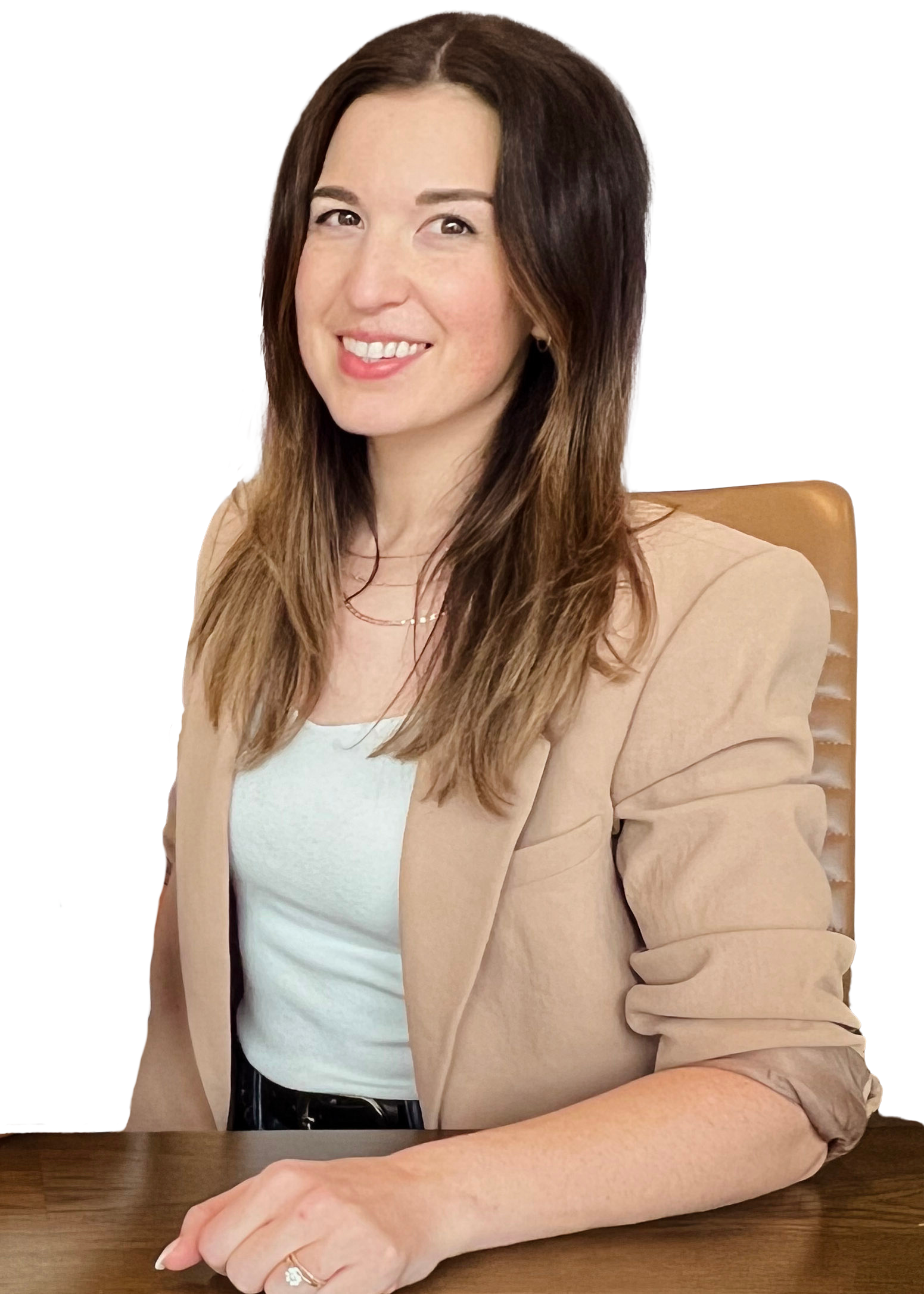Shannon Hill
Founder & Principal
I didn't set out to work in operations. No little girl dreams wistfully of optimizing workflows. Early in my career, I just kept running into problems that needed solving—processes that didn't exist, systems that were breaking, gaps that were causing friction. So I built what was needed. I didn't know what an "SOP" was. I just saw the need and figured it out how to make the solutions repeatable. That pattern resurfaced everywhere I worked: someone would need structure, I'd build it, and it would work. Eventually I learned what I was doing naturally had a term: Operations.
I've spent 10 years being the person departments and companies bring in when they need operational infrastructure built from scratch or rebuilt entirely.
I’ve operationalized in-house marketing processes so that they weren’t reinventing the wheel with every campaign.
I’ve created processes and touchpoints for automotive service departments to boost and maintain manufacturer customer satisfaction scores, even during disruptions like active, prolonged construction work.
I’ve helped law firms recover millions in settlement revenue by creating and optimizing case-tracking processes and procedures.
I’ve worked with legal marketing and case acquisition partners, optimizing CRM architecture to support growth, building and scaling teams across intake, fulfillment, quality assurance, and account management, and creating the infrastructure required to serve clients reliably at scale.
I’ve scaled agency operations to improve workflows across the organization, including recruiting, business development, project management, financial tracking, and interdepartmental collaboration.
The pattern across all of this? I specialize in building operational structure during periods of growth or transition—when companies need systems fast, but done right.
My operational philosophy
Most people treat operations as invisible plumbing—important only when it breaks. In reality, it's actually what separates a thriving business from a passion project. The unsexy foundational work—clear processes, defined roles, systems that scale—is what makes everything else possible.
But here's what I've learned after a decade in the chaos: you can build the most elegant systems in the world and still fail if the people running them aren't bought in. Culture either drives execution or stalls it. That's why I don't design solutions around your team—I build them with your team. Because a system your people helped create is one they'll actually use.
I help leaders who
Know something is off but don't have time to diagnose it while keeping the business running
Want root causes fixed, not symptoms managed
Are looking for practical systems their teams can own and sustain—not theoretical frameworks that collect dust
Understand that sustainable change takes more than a quick fix and are ready to commit to the process



